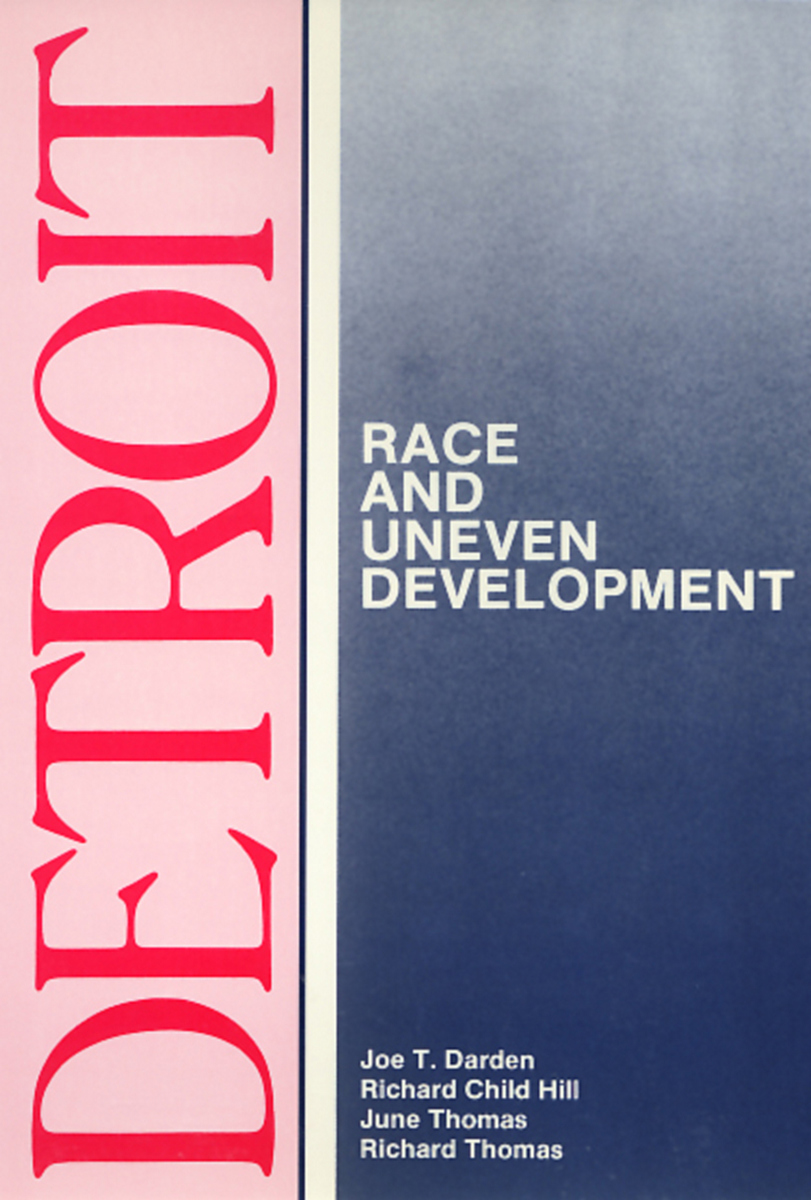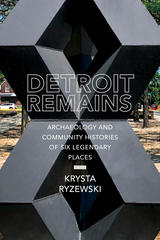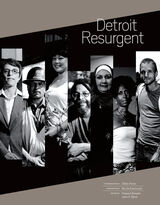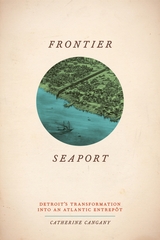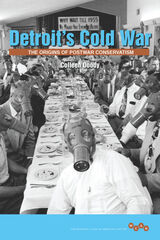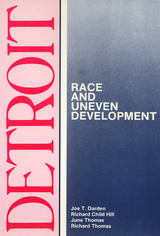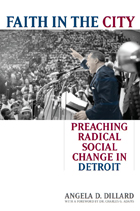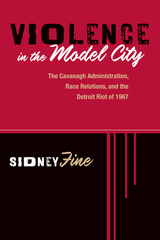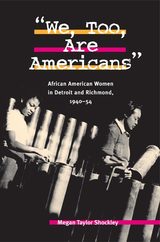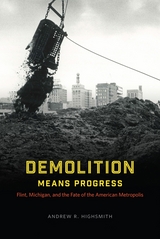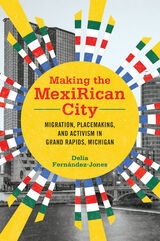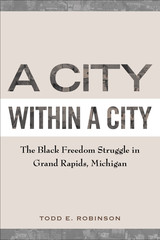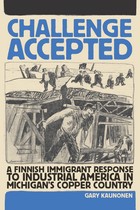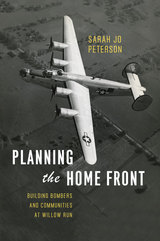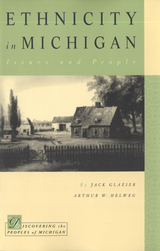Cloth: 978-0-87722-485-3 | Paper: 978-0-87722-776-2 | eISBN: 978-1-4399-0500-5
Library of Congress Classification F574.D49N4335 1987
Dewey Decimal Classification 305.800977434
Hub of the American auto industry and site of the celebrated Riverfront Renaissance, Detroit is also a city of extraordinary poverty, unemployment, and racial segregation. This duality in one of the mightiest industrial metropolises of twentieth-century North America is the focus of this study. Viewing the Motor City in light of sociology, geography, history, and planning, the authors examine the genesis of modern Detroit. They argue that the current situation of metropolitan Detroit—economic decentralization, chronic racial and class segregation, regional political fragmentation—is a logical result of trends that have gradually escalated throughout the post-World War II era. Examining its recent redevelopment policies and the ensuing political conflicts, Darden, Hill, Thomas, and Thomas, discuss where Detroit has been and where it is going.
In the series Comparative American Cities, edited by Joe T. Darden.
See other books on: Detroit | Detroit (Mich.) | Housing | Uneven Development | Urban renewal
See other titles from Temple University Press
